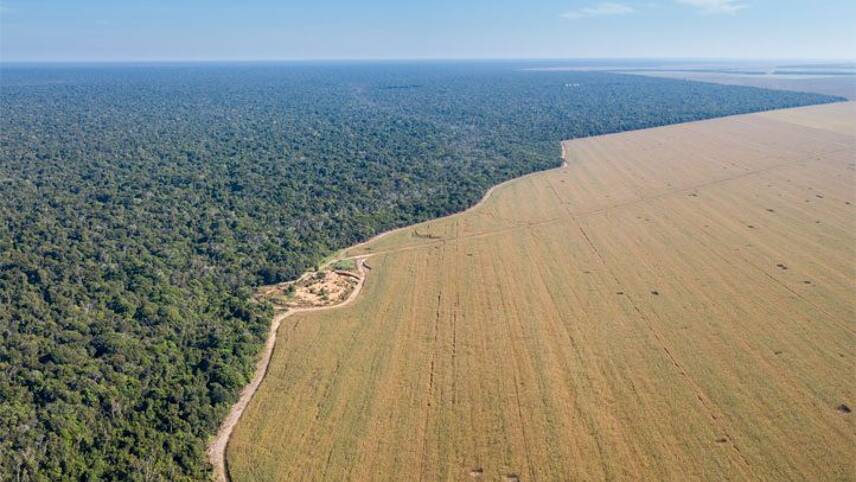Register for free and continue reading
Join our growing army of changemakers and get unlimited access to our premium content

New analysis released today (29 June) commissioned by the UN-backed Race to Zero in partnership with Global Canopy, Science Based Targets initiative and the Accountability Framework Initiative. The research finds that the number of companies in the forest, land and agriculture sectors that have set net-zero targets has grown by a near five-fold increase in just two years.
The research notes that more than 40% of the companies that are listed as critical in tackling deforestation by the Forest 500 initiative have now set a net-zero or 1.5C-aligned target. This leaves around 60% of companies that are linked to major deforestation that are yet to commit to net-zero.
However, of these 150 companies that have committed to net-zero, just nine (6%) have made sufficient progress to tackle deforestation. Race to Zero states that businesses need to urgently increase action on supply chain links to deforestation to deliver a “nature-positive” economy as part of the net-zero transition.
Nigel Topping, High Level Climate Action Champion COP26: “This research is a wake-up call. Companies need to go further and faster on tackling deforestation in their supply chains, as a core part of delivering on their net-zero commitments if we’re to have any chance of fulfilling the goals of the Paris Agreement and keeping warming to a maximum of 1.5ºC. This is also a huge economic and business opportunity.
“By protecting and restoring nature we can cut emissions while making businesses, customers and communities around the world more resilient to climate change impacts.”
Timebound efforts
According to the research, Nestlé, PepsiCo, Unilever, Mars and Colgate-Palmolive, along with Brazilian paper and pulp producer Suzano were found to be making the strongest progress in tackling deforestation alongside the net-zero transition.
The research does note that many companies are starting to make inroads on stronger deforestation policies, with 75 of the 150 scoring in respectably bands based on the Forest 500 rankings. Of the Race to Zero members included in the rankings, they score on average 15% higher than the rest.
Deforestation from the forest, land and agriculture sectors contributes around 11% of annual global greenhouse gas emissions, half the sectors’ total emissions, according to the Intergovernmental Panel on Climate Change.
As such, Race to Zero claims that a deforestation-free supply chain is a “scientific necessity” in reaching net-zero. Additionally, The Accountability Framework Initiative notes that to achieve key climate goals the majority of deforestation must be halted by 2025.
Commenting on the findings, Mary Schapiro, Head of the Secretariat for the Task Force on Climate-related Financial Disclosures (TCFD) and Vice Chair of the Glasgow Financial Alliance for Net Zero (GFANZ): “The world will not reach net zero by 2050 unless we halt and reverse deforestation within a decade.
“As financial institutions turn their net-zero pledges into action, a growing number have recognized that corporate progress on eliminating agricultural commodity-driven deforestation is a critical part in delivering on those commitments and will ultimately help us reach a net-zero, nature-positive future.”


Please login or Register to leave a comment.